ETH Zurich catalyst can convert polypropylene directly into motor oil with high selectivity
Green Car Congress
OCTOBER 27, 2021
With tuning, the catalyst can achieve a selectivity of 80% toward motor oil (C 21 –C 45 ). The nanoparticles were supported on a carbon material synthesized via the carbonization of an aniline/phytic-acid-based polymer. Following this strategy, the selectivity of 80% toward motor oil (C 21 –C 45 ) can be achieved. Shibashish D.

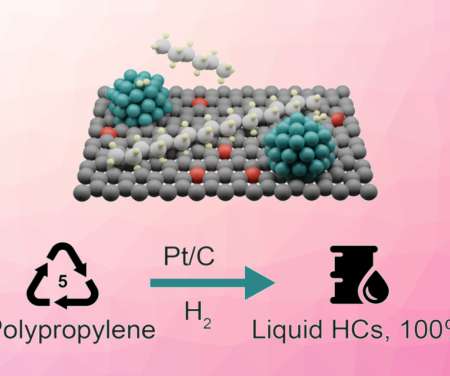

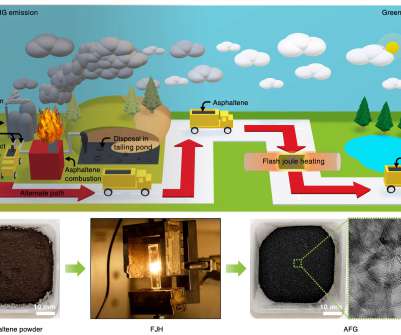
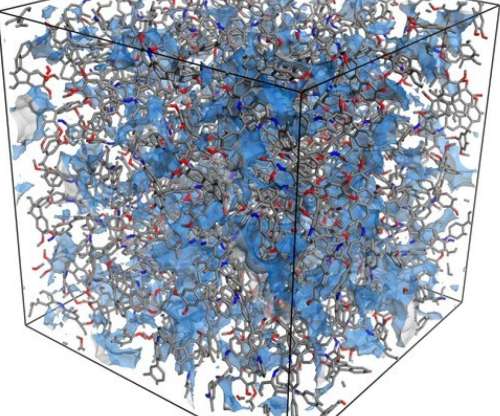
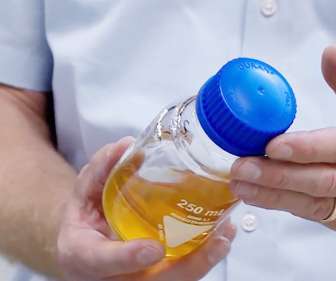


























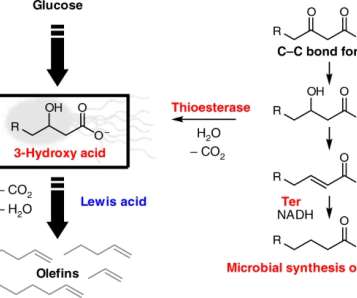






Let's personalize your content